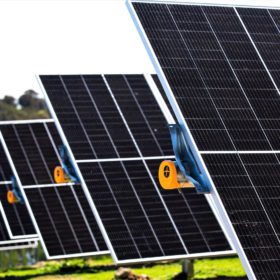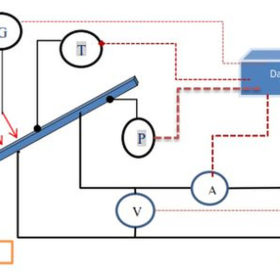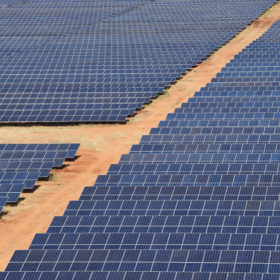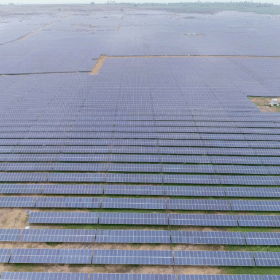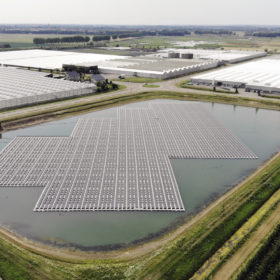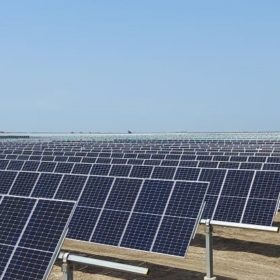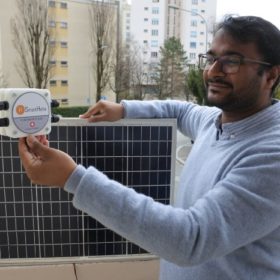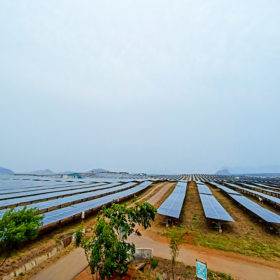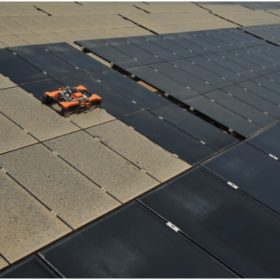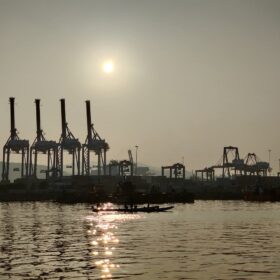Amara Raja selects Nextracker for NTPC’s 306 MWp Nokh solar power plant
Nextracker will supply its optimized bifacial tracker solution for NTPC’s 306 MWp solar plant in Rajasthan. Amara Raja is executing the plant on a turnkey basis.
Cooling solar modules with vacuum pressure
Scientists in Indonesia have developed a vacuum technique to lower the temperature of PV modules below the ambient air temperature. They applied it to a solar module in a casing that is resistant to negative pressure.
India installed about 14 GW of solar in 2022
India installed 13,956 MW of new solar capacity from January to December. This included 11.3 GW of utility-scale PV, about 1.9 GW rooftop, and nearly 700 MW off-grid/distributed.
REC commits $123 million for renewable energy projects in Madhya Pradesh
The state-owned non-banking finance company has signed a memorandum of understanding with Rewa Ultra Mega Solar Ltd (RUMSL) to provide INR 1,000 crore ($123 million) for the development of renewable energy parks and associated infrastructure in Madhya Pradesh.
Madhya Pradesh to launch three new floating solar projects soon
The state will launch three floating solar projects worth INR 7,500 crore ($919 million). The new projects will be in addition to a 600 MW plant currently under development at Omkareshwar reservoir.
Japan’s MUFG Bank extends INR 450 crore credit facility to Tata Power
The Japanese bank has extended INR 450 crore sustainable trade finance facility for Tata Power’s 220 MW of solar projects in Gujarat and Maharashtra.
Bangladesh offers PPA for 68 MW of solar at $0.102/kWh
The Bangladesh Power Development Board (BPDB) has agreed to buy solar electricity from a 68 MW facility that is now under construction in the country’s Sirajganj district, as part of a new state plan to buy cheap power.
SmartHelio raises $5 million
The Swiss PV diagnostics and predictive solutions provider said it would use the amount to scale its software for solar performance management.
HPCL, NTPC sign MoU on renewable energy and storage
Hindustan Petroleum Corp. Ltd and NTPC Green Energy Ltd will collaborate in renewable energy, energy storage, round-the-clock (RTC) power, electric mobility, and solar-wind value chain projects.
Impact of dust, heat, soiling on solar project performance
Scientists in Morocco recently conducted a year-long study on the impacts of soiling on PV modules in arid, dusty conditions. They found that soiling could contribute to daily performance losses of as much as 15%.
